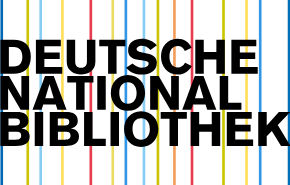THE PROBLEM OF DEVELOPING DIGITAL COMPETENCE OF FUTURE TEACHERS IN THE CONTEXT OF DIGITALIZATION OF SCHOOLS
Abstract
The digitalization of schools necessitates the development of digital competence among future teachers to enhance teaching effectiveness and student engagement. However, inadequate teacher training programs, limited access to digital resources, and resistance to technological change hinder this process. This paper explores the challenges and solutions associated with equipping future educators with digital skills. It highlights the need for curriculum reforms, institutional support, and continuous professional development to ensure teachers can integrate technology effectively. Ethical considerations and digital citizenship education are also crucial components of teacher preparation. Addressing these challenges will enable a smoother transition towards digitalized education, ultimately improving learning outcomes and preparing students for a technology-driven world.
Keywords
digital competence, teacher training, school digitalization, educational technology, professional developmentHow to Cite
References
1.European Commission. (2019). Digital Education Action Plan 2021–2027: Resetting Education and Training for the Digital Age. Publications Office of the European Union.
2.Koehler, M. J., & Mishra, P. (2009). What is technological pedagogical content knowledge (TPACK)? Contemporary Issues in Technology and Teacher Education, 9(1), 60-70.
3.Redecker, C. (2017). European framework for the digital competence of educators: DigCompEdu. Publications Office of the European Union.
4.Selwyn, N. (2011). Education and technology: Key issues and debates. Bloomsbury Publishing.
5.Voogt, J., Knezek, G., Cox, M., Knezek, D., & ten Brummelhuis, A. (2013). Under which conditions does ICT have a positive impact on teaching and learning? Educational Research Review, 9, 110-125.

This work is licensed under a Creative Commons Attribution 4.0 International License.
Authors retain the copyright of their manuscripts, and all Open Access articles are disseminated under the terms of the Creative Commons Attribution License 4.0 (CC-BY), which licenses unrestricted use, distribution, and reproduction in any medium, provided that the original work is appropriately cited. The use of general descriptive names, trade names, trademarks, and so forth in this publication, even if not specifically identified, does not imply that these names are not protected by the relevant laws and regulations.






